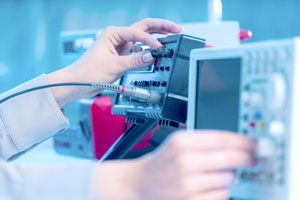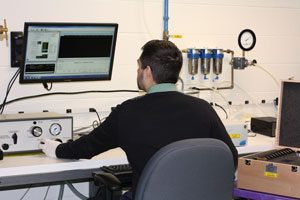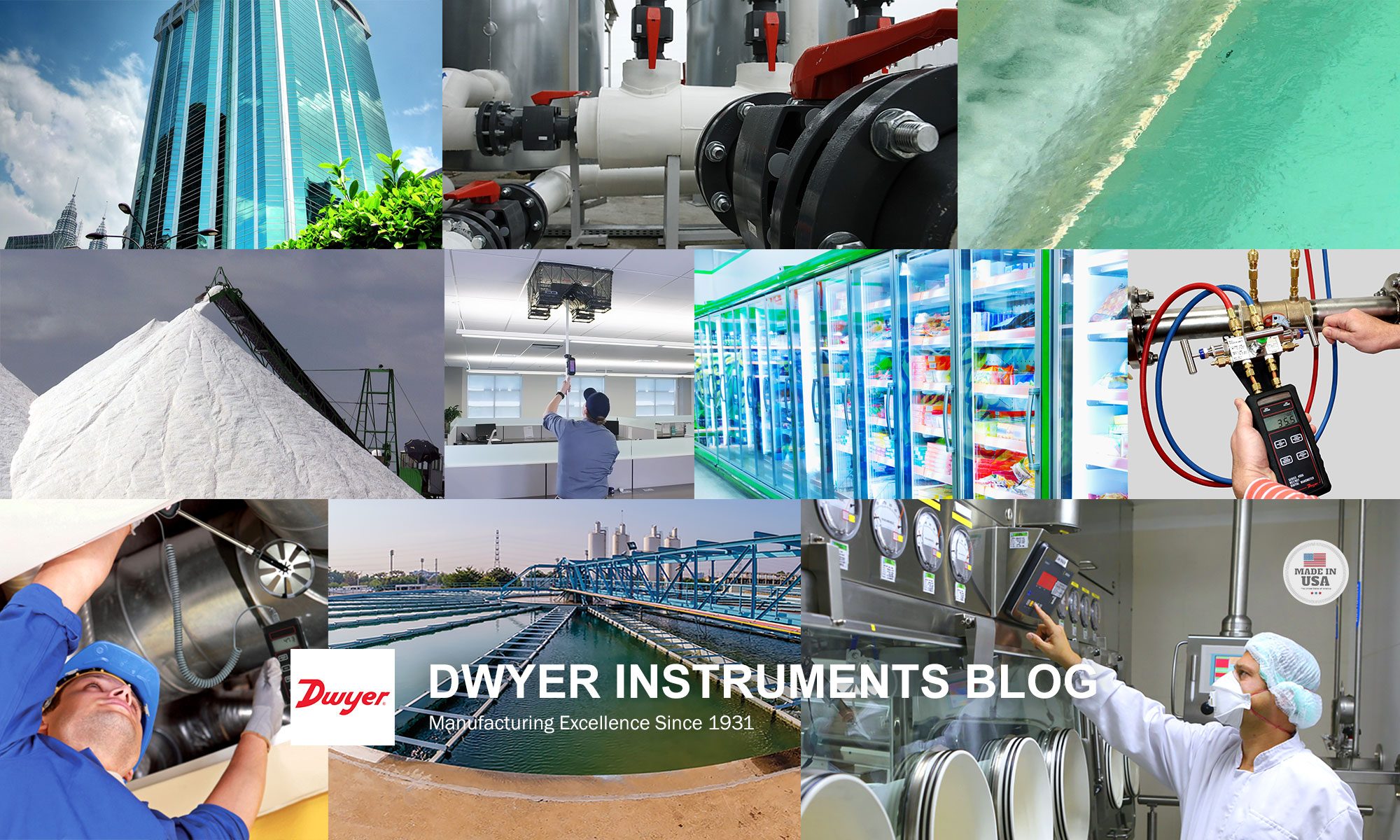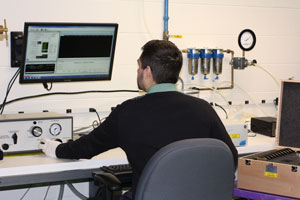Calibration is the comparison and adjustment of a reading from an instrument in correlation with the reading of a higher accuracy piece of equipment. The overall goal of this process is to minimize measurement uncertainty and ensure the accuracy of an instrument.
in correlation with the reading of a higher accuracy piece of equipment. The overall goal of this process is to minimize measurement uncertainty and ensure the accuracy of an instrument.
The accuracy of instrumentation can degrade over time. This is caused by wear and tear as an instrument is used during its lifespan. Depending on the type of instrument and the application environment, the speed of degradation can vary from quickly to over a longer period of time. In many industries, even a slight variation in the accuracy of an instrument can be the difference between a good batch of product, or one that is completely unusable; therefore, it is important to ensure routine calibration is made a priority.
In addition to routine calibration, it may also be necessary that instruments be tested to a certain traceability standard, such as NIST. This type of calibration must be completed by a laboratory that has obtained the accreditation necessary for that standard. Instruments are tested against standard reference materials (SRMs) and receive a calibration certificate once testing is completed. Although this type of certification can be costly, it helps manufacturers and users achieve the highest possible levels of accuracy and measurement quality. To learn more about NIST Calibration Certificates, read our industry article “The Importance of Calibrating Measurement Instrumentation”.
 A properly calibrated instrument is vital wherever measurements need to be controlled and monitored. Dwyer Instruments, Inc. offers fast and accurate calibration services for products that measure pressure, fluid flow, temperature, and more. To learn more about Dwyer’s calibration services, please visit our website.
A properly calibrated instrument is vital wherever measurements need to be controlled and monitored. Dwyer Instruments, Inc. offers fast and accurate calibration services for products that measure pressure, fluid flow, temperature, and more. To learn more about Dwyer’s calibration services, please visit our website.

